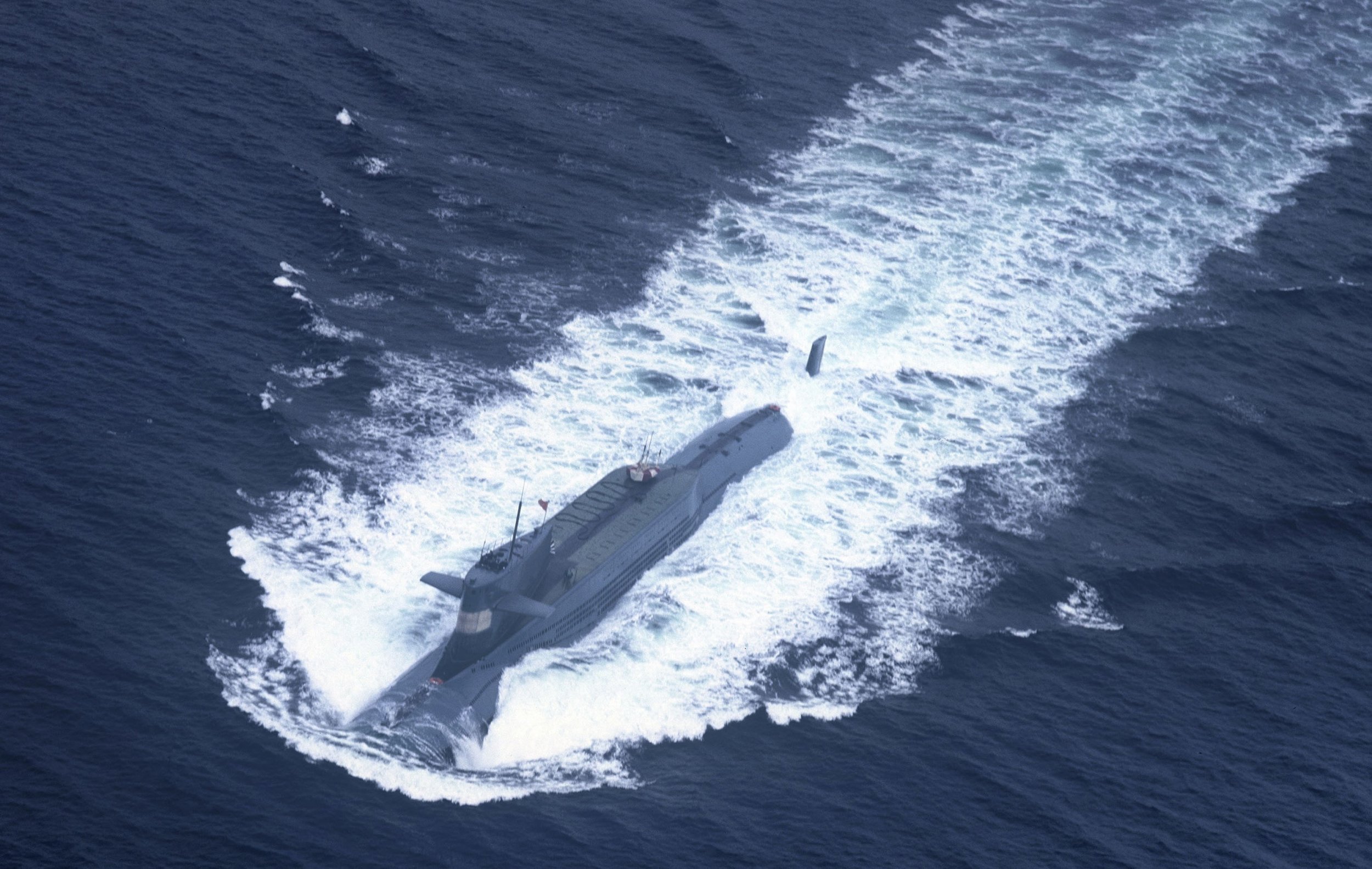
A senior scientist confirmed that China is building artificial intelligence–powered nuclear submarines that can think for themselves, according to a report.
According to a researcher involved with the program, who requested anonymity due to the sensitive nature of the project, the AI-augmented submarine with "its own thoughts" would reduce the commanding officers' workload, eliminate human error and give China's navy a competitive edge in underwater battles, reported the South China Morning Post.
"Though a submarine has enormous power of destruction, its brain is actually quite small," the researcher said.
In the past, nuclear submarines had been almost exclusively controlled by naval personnel. But AI technology is quickly catching up with the inner workings of a human brain, and through machine-learning the submarines will be able to gather knowledge, independently improve skills and develop new strategies without human intervention.
The researcher said the AI-infused system must produce basic demands but also be "compact and compatible" with the submarine's existing computer systems.
"It is like putting an elephant into a shoebox," the researcher told the South China Morning Post. "What the military cares most about is not fancy features. What they care most is the thing does not screw up amid the heat of a battle."
Zhu Min, lead scientist in China's deep-water exploration program and researcher at the Chinese Academy of Sciences' Institute of Acoustics, said AI weaponry was the next step for China's military but warned that the systems must be programmed carefully to safeguard from a "runaway submarine with enough nuclear arsenals to destroy a continent."
"This is definitely a risk the authorities should consider when introducing AI to a sub," he said.
However, Deng Zhidong, a computer science professor at Beijing's Tsinghua University, told the Post there was zero chance of a machine uprising—at least with the technology that is currently available to us.
"An AI-powered machine is still a machine. It does not have a life," he said. "You can shut it down and shift to manual anytime. It will be the same on a nuclear submarine."
The U.S. produced the world's first operational nuclear-powered submarine in the early 1950s. The idea for the USS Nautilus was proposed by Ross Gunn, of the Naval Research Laboratory, in 1939.
Widely considered to be one of the most sophisticated war machines, a nuclear submarine can take more than 20 years to develop from an idea into a finished product.
Uncommon Knowledge
Newsweek is committed to challenging conventional wisdom and finding connections in the search for common ground.
Newsweek is committed to challenging conventional wisdom and finding connections in the search for common ground.
About the writer
To read how Newsweek uses AI as a newsroom tool, Click here.








